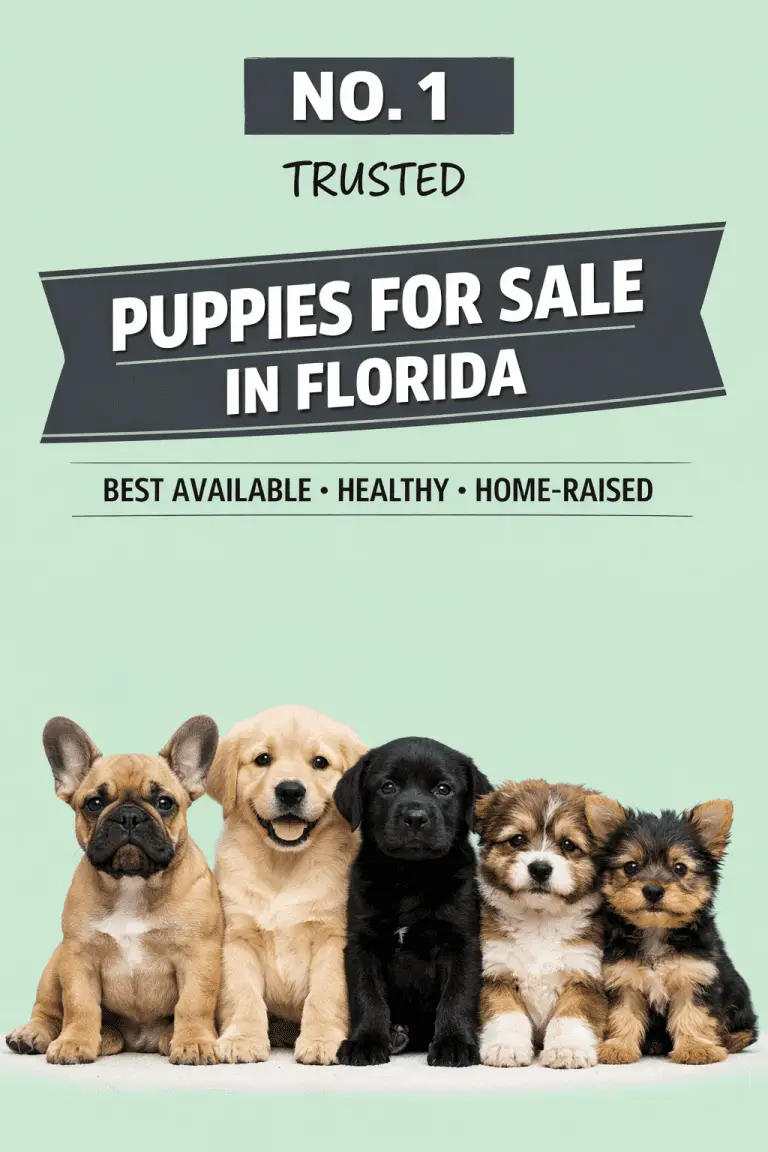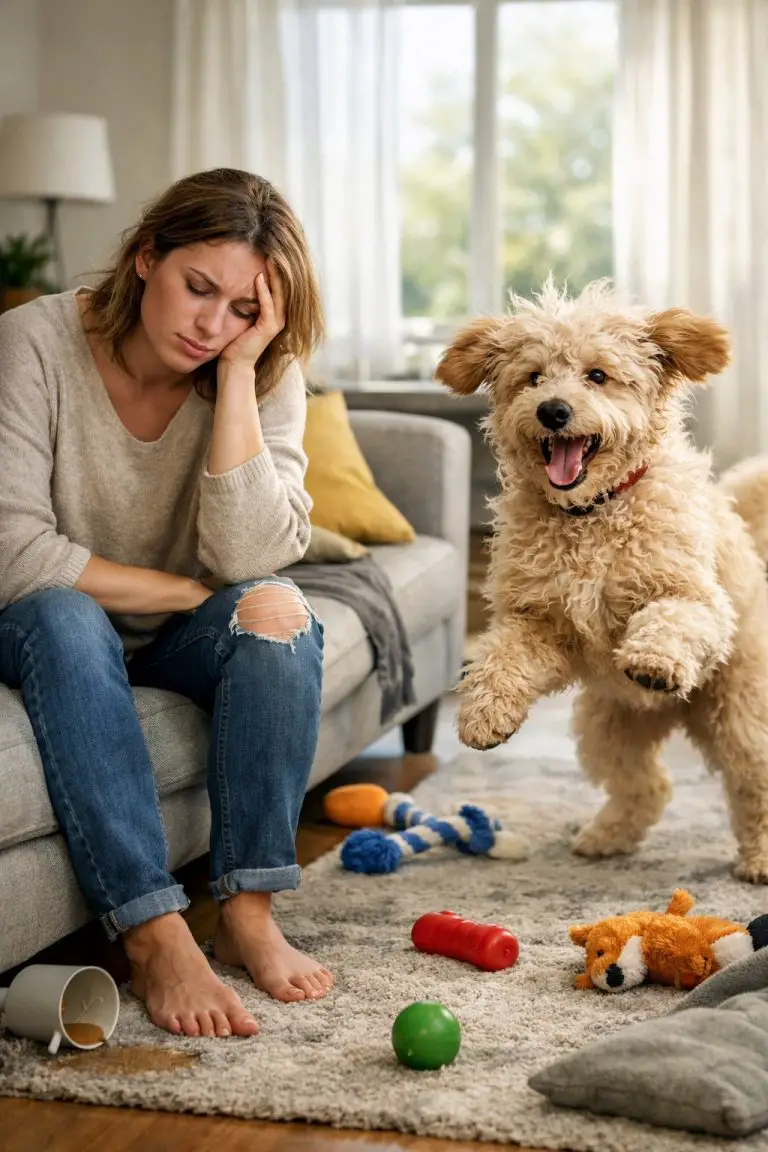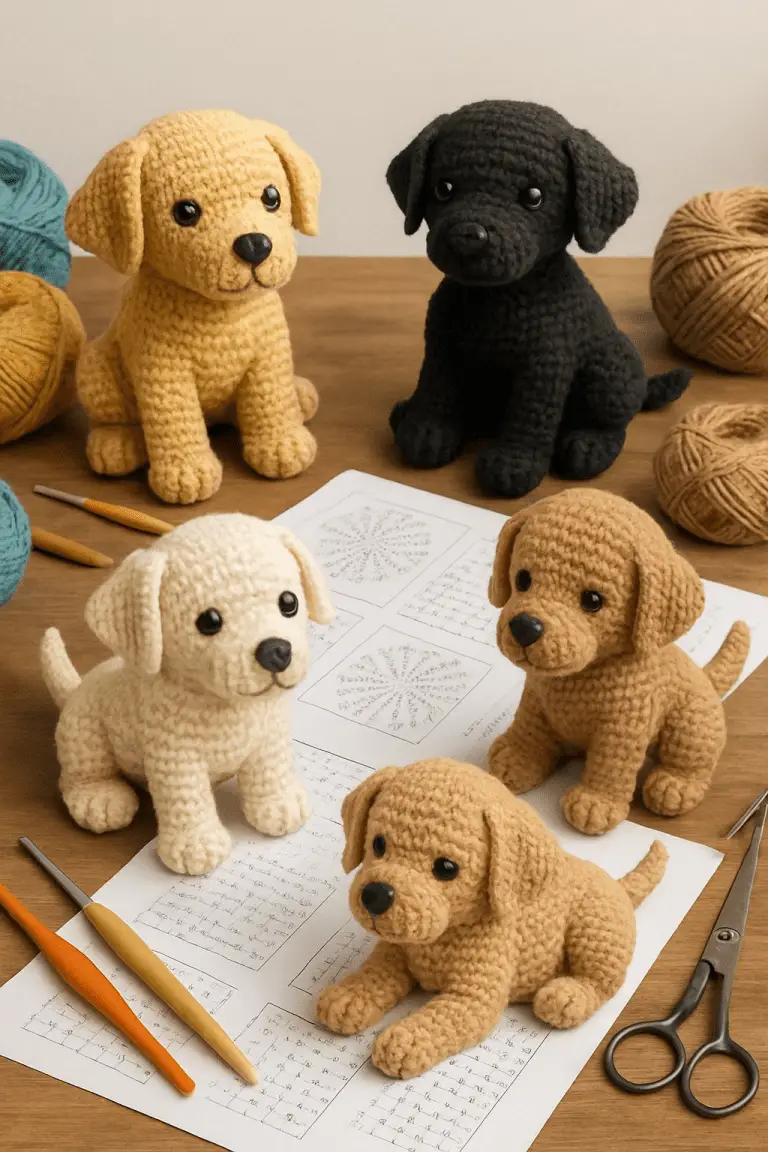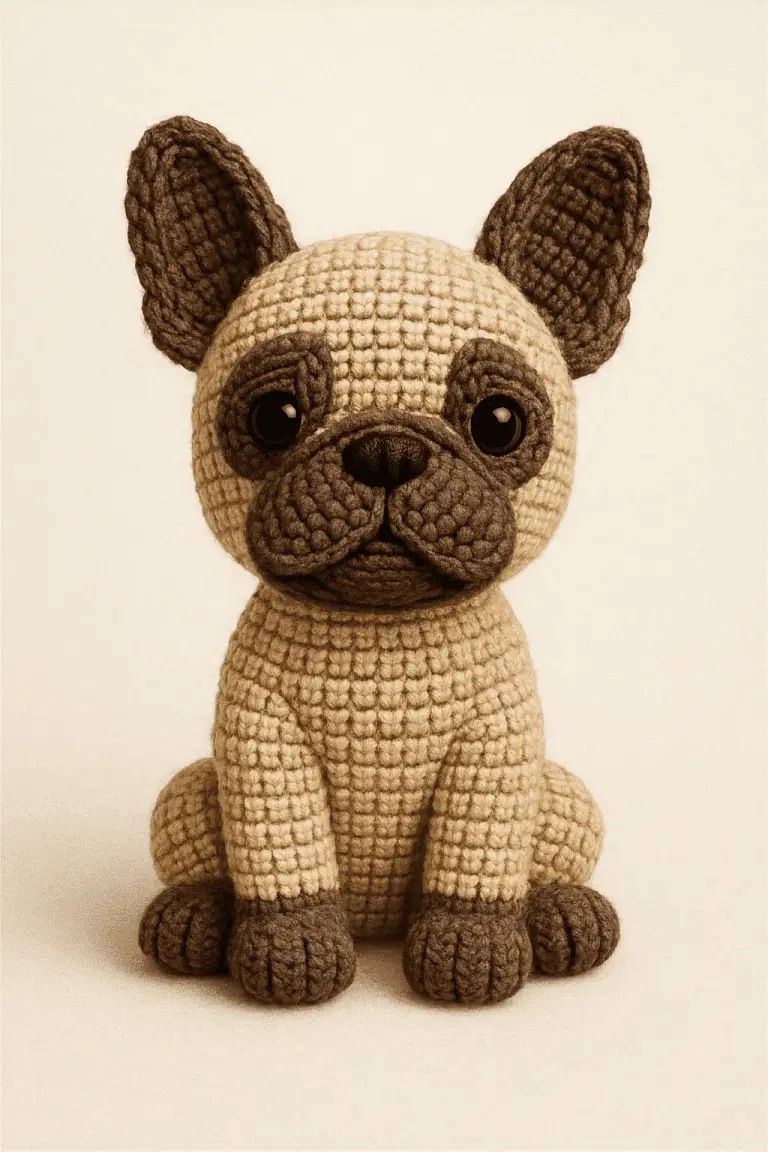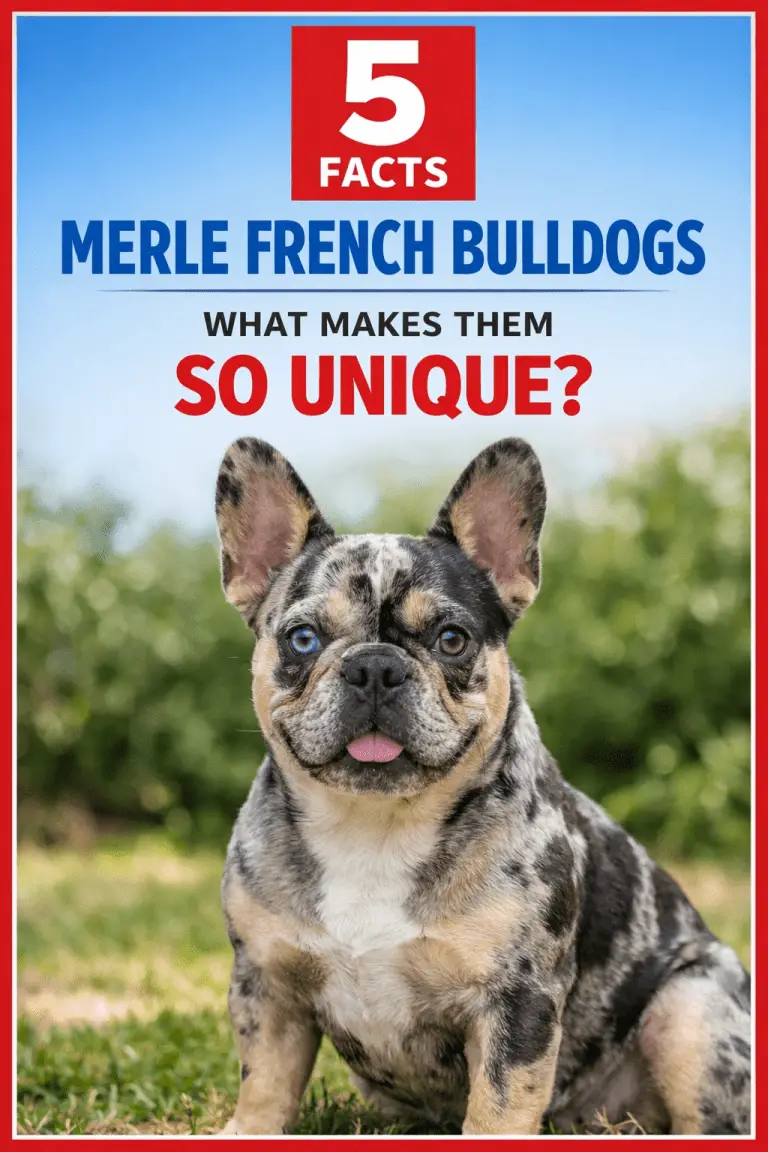Why Dogs Lick Their Paws
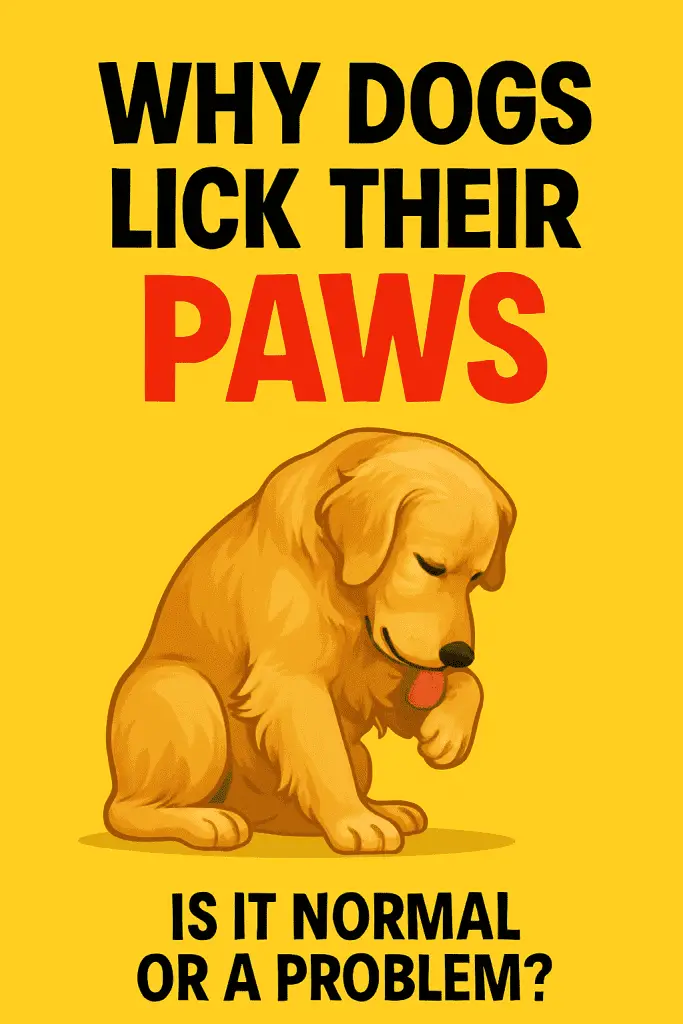
Ever catch your dog going to town on their paws and wonder, what on earth is going on down there? You’re not alone. Why dogs lick their paws is one of the most common questions I get from fellow dog owners and readers. At first, I brushed it off as “just grooming,” but when my own Frenchie started licking nonstop—especially at night—it was clear something deeper was happening.
Whether your pup is casually cleaning up or chewing until their paws turn red, it can be a sign of something worth paying attention to. In this article, we’ll dive into the dog licking paws reasons, the most common dog licking paws causes, and practical dog licking paws treatment ideas. I’ll break it down in a friendly, no-jargon way, so by the end you’ll feel confident knowing when to relax and when to step in with solutions.
Why Do Dogs Lick Their Paws?
Dogs licking their paws can look harmless, but the reasons vary from totally normal to signals that something’s off. Think of it like us scratching our heads—it could mean nothing, or it could mean dandruff, stress, or even something itchy in the air.
Normal Grooming vs. Problem Behavior
- Normal grooming: Dogs use their tongues to keep themselves clean, especially after eating, playing outside, or walking on dirty surfaces.
- Problem licking: When licking is excessive, frequent, or leads to redness and irritation, it’s no longer just self-care—it’s a sign that something’s bothering them.
So how do you know the difference? If your dog licks their paws briefly after a muddy walk, that’s fine. But if it turns into a daily ritual, or worse, if you notice raw patches, you’re dealing with a bigger issue.
Common Reasons Dogs Lick Their Paws
Here’s where things get interesting. There are multiple dog licking paws reasons, and figuring out the right one is like detective work.
Allergies: The Top Culprit
Dogs can be allergic to all kinds of things—pollen, dust, grass, even certain foods. Allergies often cause itchy skin, and paws are the easiest place for dogs to scratch with their tongues.
- Signs of allergies: Redness, swelling, licking at night when things are quiet, chewing until fur thins.
- What helps: Allergy-friendly diets, antihistamines (with vet approval), paw wipes after outdoor walks, or allergy testing if it’s severe.
Boredom or Anxiety
Yep, dogs get bored too. Constant paw licking can be their way of coping with stress or filling the gap when they’ve got too much energy and not enough stimulation.
- Think about it: Do they lick mostly when left alone? At night? During storms?
- Fixes: More playtime, interactive toys, regular walks, or calming techniques for anxious pups.
Injuries or Foreign Objects
A small cut, thorn, or even a stuck pebble can make your dog obsess over a paw. Unlike us, they can’t say, “Hey, there’s something in my foot,” so licking is their SOS signal.
- Check for: Cuts, swelling, splinters, cracked pads.
- Solution: Wash the paw, remove debris gently, and keep an eye out for infection.
Infections
Yeast or bacterial infections often make paws itchy, smelly, and uncomfortable. Dogs will lick to relieve the irritation, but this only makes it worse.
- Signs: Strong odor, dark discoloration between toes, constant chewing.
- Treatment: Vet-prescribed antifungal or antibacterial meds, medicated shampoos, paw soaks.
Parasites
Fleas, ticks, and mites can set up camp on your dog’s paws, leading to nonstop licking.
- Clues: Tiny black flea dirt, visible ticks, scabs.
- Treatment: Flea/tick preventatives, medicated dips, and vet guidance.
When It Becomes a Problem
Not every lick session is cause for alarm, but here are the red flags:
- Your dog constantly licking paws until they’re raw.
- Licking paired with limping or favoring a paw.
- Visible swelling, redness, or discharge.
- Behavior that interrupts their sleep or yours (like dog licking paws at night).
At this point, it’s not just a quirk—it’s an issue you’ll want to address.
How to Stop Dog Licking Paws
So you’ve noticed your pup licking more than usual. What now? Let’s go through dog licking paws treatment options you can try at home and when to seek a vet’s help.
Quick Home Fixes
- Clean those paws: Use mild, pet-safe wipes after walks to remove allergens like pollen or road salt.
- E-collar or booties: Not glamorous, but sometimes you’ve got to block access so they stop making things worse.
- Distraction is key: Offer chew toys, frozen treats, or puzzle feeders to shift focus.
- Paw soaks: Warm water with diluted betadine or apple cider vinegar (with vet approval) can ease irritation.
Lifestyle Adjustments
- Diet checks: Food sensitivities are sneaky. Switching to grain-free or single-protein diets sometimes reduces licking.
- More exercise: A tired dog is a less anxious dog. Simple but effective.
- Stress relief: Calming chews, pheromone diffusers, or even doggy massage can lower anxiety-driven licking.
When to Call the Vet
If your dog licking paws causes sores, infection, or persistent irritation, a vet visit is a must. They’ll check for deeper issues like immune conditions or hormonal imbalances.
Special Cases: Odd Situations You Might Notice
Dog Licking Paws Raw
This usually means infection or allergies gone too far. Seek veterinary treatment fast—raw skin invites bacteria.
Dog Chewing and Licking Paws
Chewing usually means the itch or pain is severe. Don’t ignore this one—rule out parasites or injuries first.
Dog Licking Paws and Biting Nails
Sometimes tied to anxiety or discomfort from overgrown nails. A good grooming session can make all the difference.
FAQs About Paw Licking
Is paw licking ever normal?
Yes! Occasional, short grooming sessions are normal. It only becomes a problem when it’s frequent or obsessive.
Why is my dog licking paws at night?
Often, it’s when the house is quiet that they notice irritation most. Allergies and anxiety are top suspects here.
What’s the fastest way to stop it?
Block the behavior short-term (booties, e-collar) while you address the root cause with vet-approved solutions.
Conclusion
So, why dogs lick their paws? It could be as simple as cleaning up after a muddy walk—or as complex as chronic allergies or infection. By paying attention to the dog licking paws reasons and spotting patterns, you can figure out what’s really happening with your pup.
The good news? You’ve got plenty of tools—from simple home remedies to professional treatments—to help. Remember, the key is knowing when to let it slide and when to step in.
At the end of the day, our dogs rely on us to notice the little things. So next time you catch your pup mid-lick, you’ll know whether to smile, grab a towel, or make that vet appointment. And IMO, that makes you the kind of dog parent every pup deserves 🐾.

